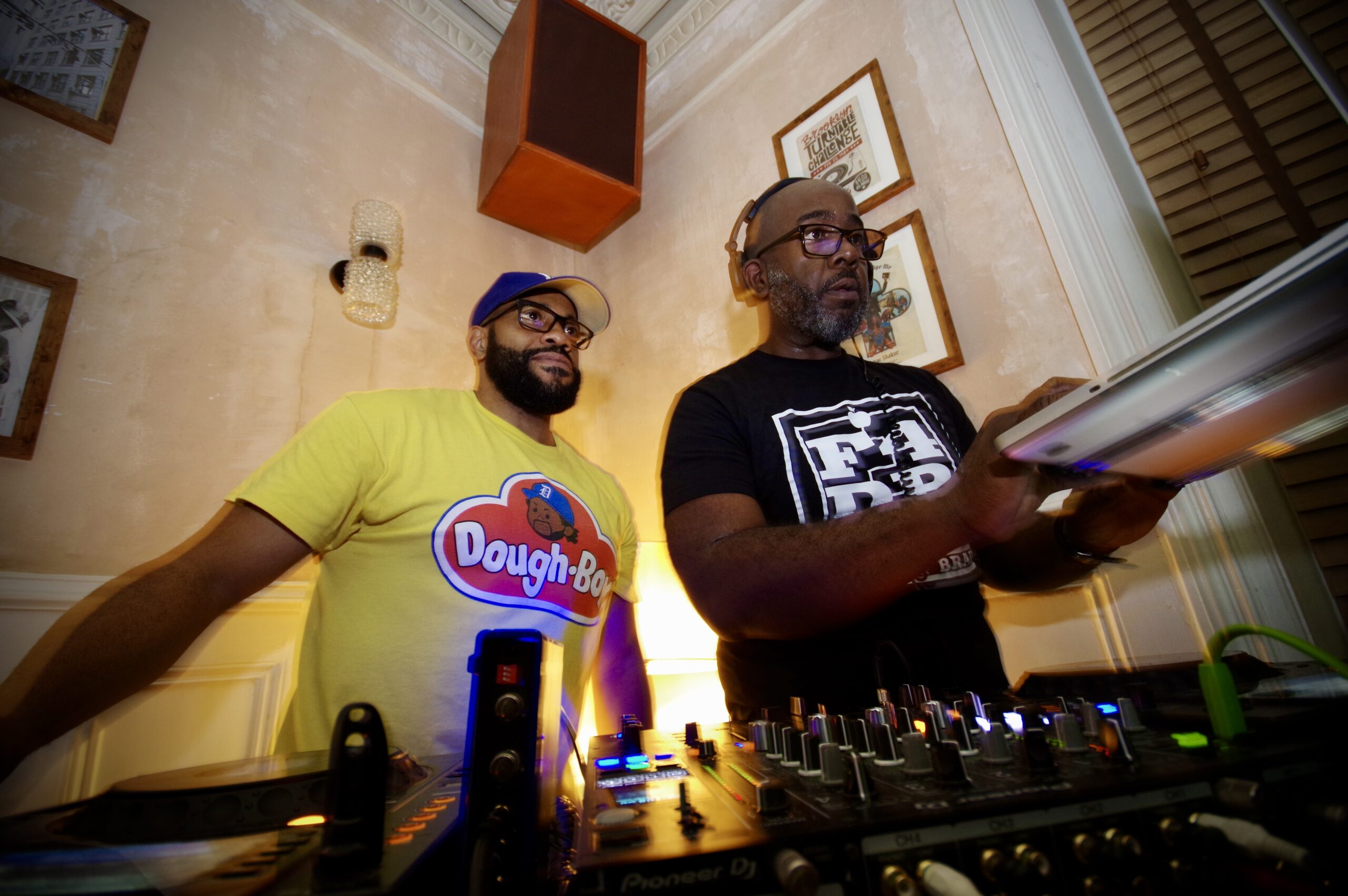The Role of a DJ in Hip Hop Music in the 21st Century

From the very beginnings of the genre, the DJ has played a crucial role in the creation, performance, and dissemination of Hip Hop music.
We’ll explore the various roles that DJs have played in Hip Hop, the skills and techniques they use, and the way that technology has impacted the role of the DJ in Hip Hop culture.
Various roles a Hip Hop DJ plays
One of the primary positions of the DJ in Hip Hop is as a musician. DJs create beats, loops, and samples using turntables, DJ controllers, or digital audio workstations (DAWs).
They use a variety of techniques to manipulate the sound of these elements, including scratching, beat juggling, and pitch shifting. Some DJs also use live instrumentation or vocals to create original music.
Another important role for DJs in Hip Hop is as a performer. DJ sets can be an integral part of a Hip Hop concert, and DJs may perform solo or as part of a group.
In a live setting, DJs use a combination of their musical skills and stage presence to engage the audience and keep the energy high.
They may also perform at clubs, concerts, parties, and other events, where they are responsible for selecting and playing music that will keep the crowd moving.
In addition to their roles as musicians and performers, DJs also play a key role in the promotion and dissemination of Hip Hop music.
Many of them are tastemakers, introducing listeners to new artists and tracks. They may do this through their through radio shows, DJ sets or podcasts, or through social media.
DJs may also collaborate with artists, producers, and labels to promote new music or to create exclusive tracks and remixes.
Innovation of the Hip Hop DJ
One of the defining features of Hip Hop culture is its focus on innovation and experimentation. DJs have always been at the forefront of this, using new technologies and techniques to push the boundaries of what is possible with music.
In the early days of Hip Hop, DJs used turntables and analogue equipment to create new sounds and styles. As technology has evolved, so too have the tools available to DJs.
Today, they can use a wide range of digital equipment and software to create, perform, and distribute their music.
One example of this is the rise of DJ controllers, which allow DJs to control digital audio software using physical hardware.
These controllers often mimic the layout and functionality of turntables and DJ mixers, making it easier for DJs to transition between analogue and digital equipment.
DJ controllers have also made it easier for aspiring DJs to get started, as they often come with software and sample packs that allow users to start creating music right out of the box.
Another way that technology has impacted the role of the DJ in Hip Hop is through the rise of streaming platforms.
These platforms have made it easier for DJs to reach a global audience and to share their music with listeners around the world.
Many of them have built large followings on platforms like SoundCloud and Mixcloud, where they can share their mixes, tracks, and podcasts with fans.
Despite the many changes that technology has brought to the role of the DJ in Hip Hop, some things have remained constant.
The DJs position as a musician, performer, and tastemaker is as important as ever, and the skills and techniques that DJs use to create and perform music are still highly respected within the Hip Hop community.
Photography by Cycle B
